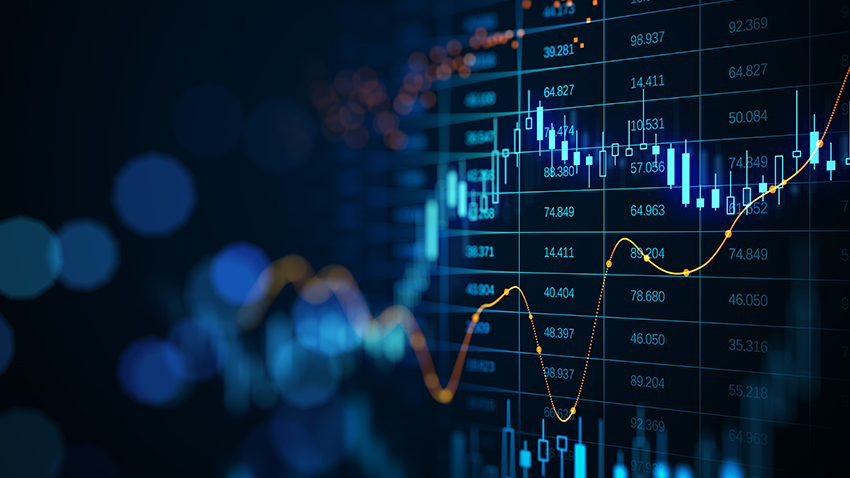Online trading has turned out to be a common way for traders to participate in financial markets, offering convenience, availability, and low transaction costs. However, it is important to note that online trading involves risk, and traders should be aware of the potential risks before investing their money. As the commodity trade has a list of commodities to trade, you can explore each one of them properly.
Table of Contents
Commodity Trading 101
- Commodity trading is the buying and selling of commodities such as oil, metals, and agricultural products.
- Commodity trading can be implemented on a spot market or a futures market.
- Commodity traders can make money by predicting prices, buying when prices are low, and selling when prices are high.
- Commodity trading is risky, and if the price of a commodity falls below the trader’s purchase price, they may lose money.
- It is a vital part of the global economy.
- The traders in commodity trade help to ensure that essential goods and services are available when people need them.
- Commodity trading can be risky, but it also offers opportunities for big profits.
How Commodity Trading Works
- The commodity trade works around trading in different raw materials, which are oil, fuel, gold, and grains.
- Commodity traders often rely on complex mathematical models to make informed decisions about trading opportunities.
- Traders often use a variety of different strategies to try and make money.
- Most commodity trading is done by large financial organisations such as banks or investment houses.
Overall, the function of commodity trading depends upon the supply and demand model, where trading is done in the form of agreement names, such as futures and options contracts between two people for a particular trade.
Six Types of Commodities to Trade
Some of the types of commodities in the stock market can be explained below. You can choose any commodities and trade with them accordingly.
- Agriculture-based commodities include rice, wheat, corn beans, coffee, soybeans, cocoa, and cotton.
- Energy commodities include natural gas, crude oil, fuel, coal, and electricity.
- Metals comprise precious metals like platinum, silver, gold, and palladium, along with base metals like aluminum, copper, zinc, nickel, and so on.
- Livestock includes meat as well as dairy products.
- Soft commodities are products like cocoa, sugar, coffee, cotton, and sugar.
- Industrial commodities include items like lumber, rubber, and chemicals.
Three Most-Traded Commodities
In India, there are different types of commodities. Among them, the three most common commodities that are traded in the stock market are as follows:
1. Gold
Gold was a popular metal in the Indian continent. From ancient times, gold was considered a valuable asset and was used for most of the trades. Therefore, due to its value and demand, it is one of the most traded commodities in India.
2. Crude Oil
India is extremely dependent on imported crude oil for the energy needs of its citizens, and, as a result, crude oil ranks as one of the top commodities for trade in India. You can easily trade crude oil from the Multi-Commodity Exchange (MCX) and the National Commodity and Derivatives Exchange (NCDEX) markets.
3. Copper
It is one of the widely used metals in various manufacturing processes. It is used to make wires, machinery, etc., as the soft metal is a good conductor of heat and electricity.
Due to its versatile properties as well as great demand, it is one of the most traded commodities.
Six Advantages of Commodity Trading in India
The trading of commodities has many advantages, which include:
- Diversification: Commodities are a great source of diversification to an investment portfolio since their prices are typically not tied to traditional assets like bonds and stocks.
- Inflation protection: A lot of commodities are able to perform well in times of inflation since they tend to increase in line with the overall level of inflation.
- The speculative market: Commodities offer opportunities for speculative trading, which is when traders purchase and sell contracts with the hope of earning profits from price fluctuations.
- Demand and supply: Commodity prices are influenced by the forces of demand and supply that can result in trade opportunities for those that are able to forecast the market’s changes accurately.
- Exposure to the world: Commodities can be traded worldwide, and investors can be exposed to different economies and regions. With types of commodities, traders have the advantage of exploring any assets and trading.
- Hedging: Trading in commodities is an instrument to hedge against the possibility of price fluctuations in the base asset that can reduce the risk associated with certain industries such as energy and agriculture.
Conclusion
- Commodities are now a popular option for investors since they assist in building an investment portfolio that is well-balanced with different types of commodities in the stock market and will definitely impact your investments.
- Additionally, depending on the traders, there are various options for investing in commodities, with futures contracts being among the most popular options.
- To trade the most desirable commodities in India, you must open an account at Share India trading and Demat account to gain access to the most popular commodities available to trade.

